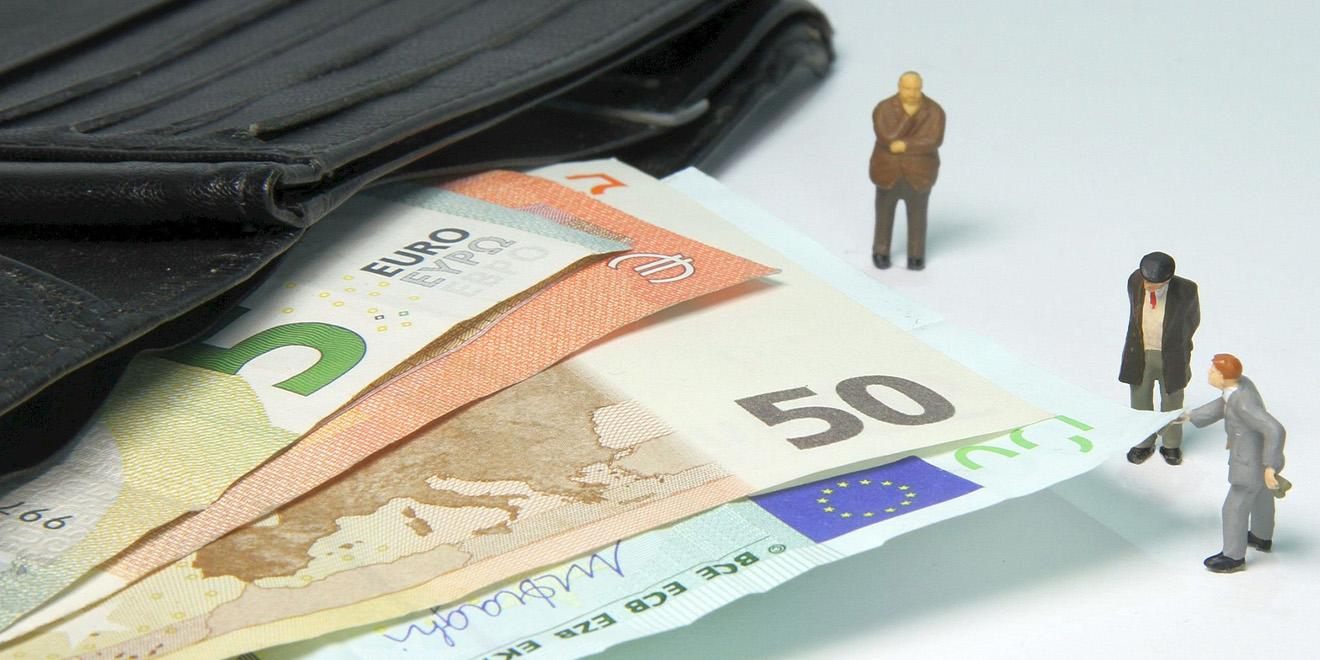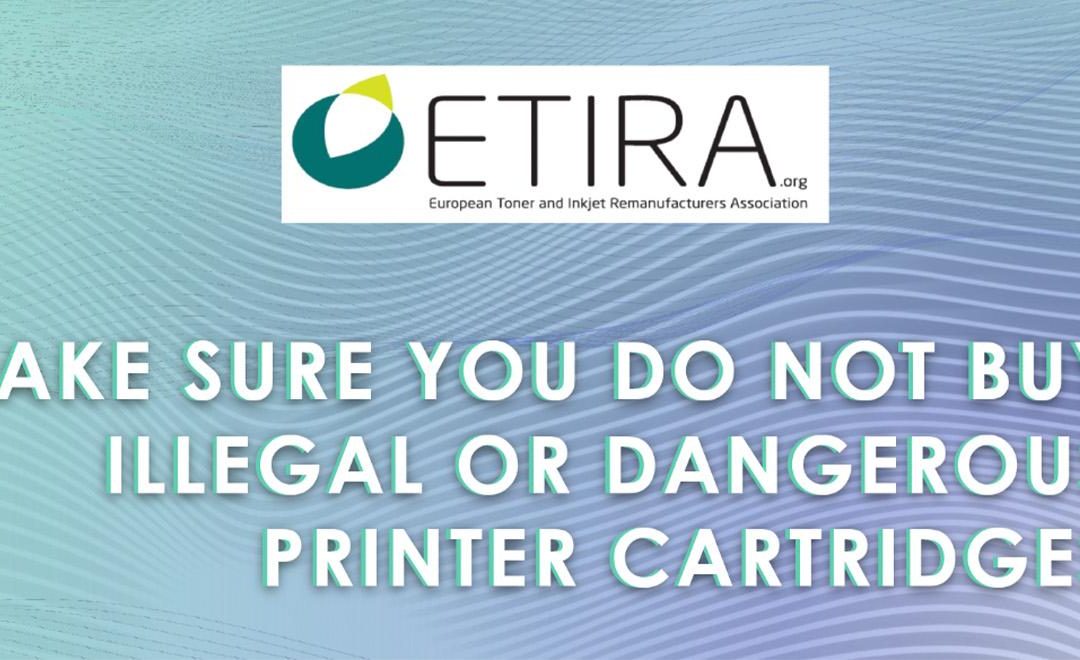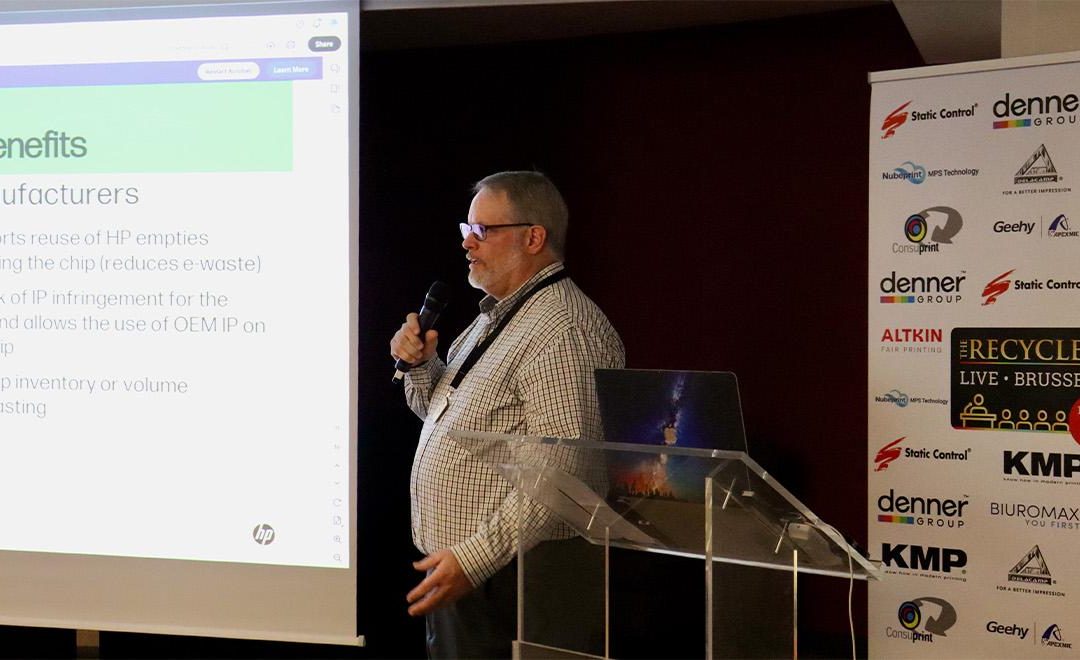Proposed new legislation could see big companies face penalties of up to 10% of global turnover for breaches of consumer law and individuals will face fines of up to £300,000 ($361,047/ €337,762).
The UK government is expected to unveil a new digital markets, competition, and consumer bill (the bill) shortly. A priority for the UK prime minister, Rishi Sunak, who has said passing the new bill is a priority for the government and could see big companies that greenwash face civil penalties of up to 10% of global turnover and individuals will face fines of up to £300,000 for breaches of consumer law
A key aspect of the bill sets out to tackle marketing that conveys misleading information to create a false impression about how a company’s products are environmentally sound. Better known as greenwashing.
Greenwashing is usually based on unsubstantiated claims that misinform consumers into believing that a company’s products are environmentally friendly or have a greater positive environmental impact than they actually do.
In the office imaging sector, there are many examples of this. Typically passing off a new cartridge as remanufactured or making excessive and unsubstantiated claims about the sustainability of a product.
Too good to be true? In 2019 Hyundai launched their hydrogen-powered Hyundai Nexo and described it as “so beautifully clean” that it “purifies the air as it goes”. The company claimed that if 10,000 of its cars were on the road, carbon emission reduction would be “equivalent to planting 60,000 trees”. In June 2021 the ASA, the UK advertising regulator ruled that it was.
 The ASA found that the claim “A car so beautifully clean, it purifies the air as it goes” would be understood to mean that the car overall had negligible environmental impact and would remove impurities from the air as it was driven, such that no impurities caused by driving it would remain in the air. And overlooked the release particulates as a result of brake and tyre wear which had not been adequately substantiated. The ASA concluded the ad was misleading.
The ASA found that the claim “A car so beautifully clean, it purifies the air as it goes” would be understood to mean that the car overall had negligible environmental impact and would remove impurities from the air as it was driven, such that no impurities caused by driving it would remain in the air. And overlooked the release particulates as a result of brake and tyre wear which had not been adequately substantiated. The ASA concluded the ad was misleading.
The European Union will shortly introduce legislation to provide better protection against unfair practices such as greenwashing and early obsolescence through the premature failures of goods and the use of unreliable and non-transparent sustainability labels and information tools.
On the 1st of January this year The French Climate and Resilience Law entered into law and requires all companies that highlight the carbon neutrality of a product or service to produce a report on all the greenhouse gas emissions of the said product or service.
Do you have an example of greenwashing? Email it to us at news@therecycler.com.









